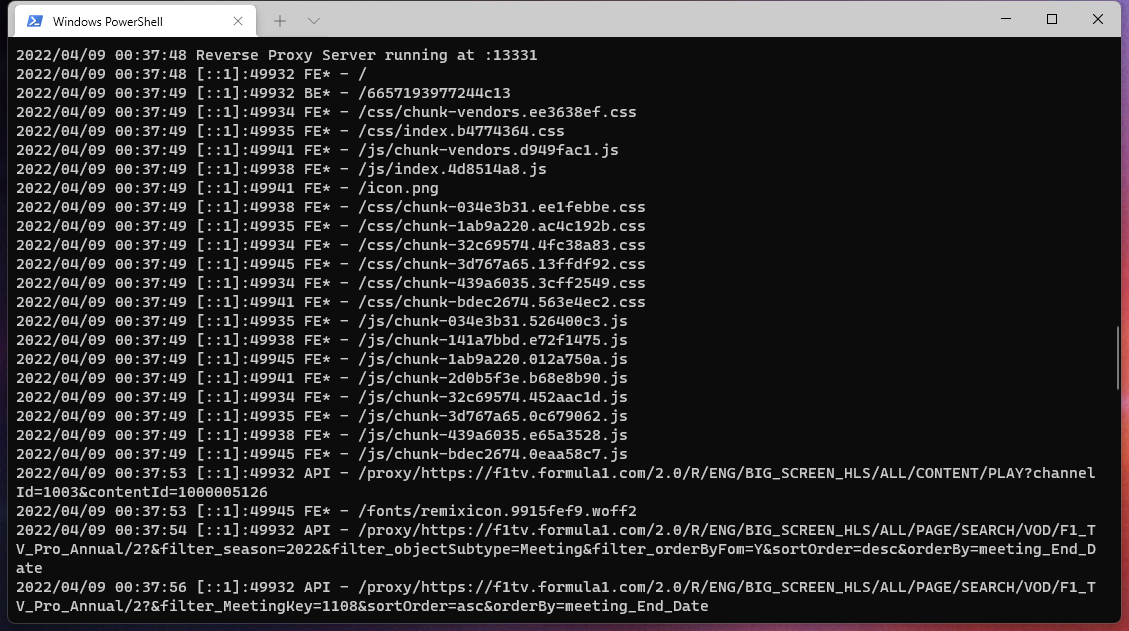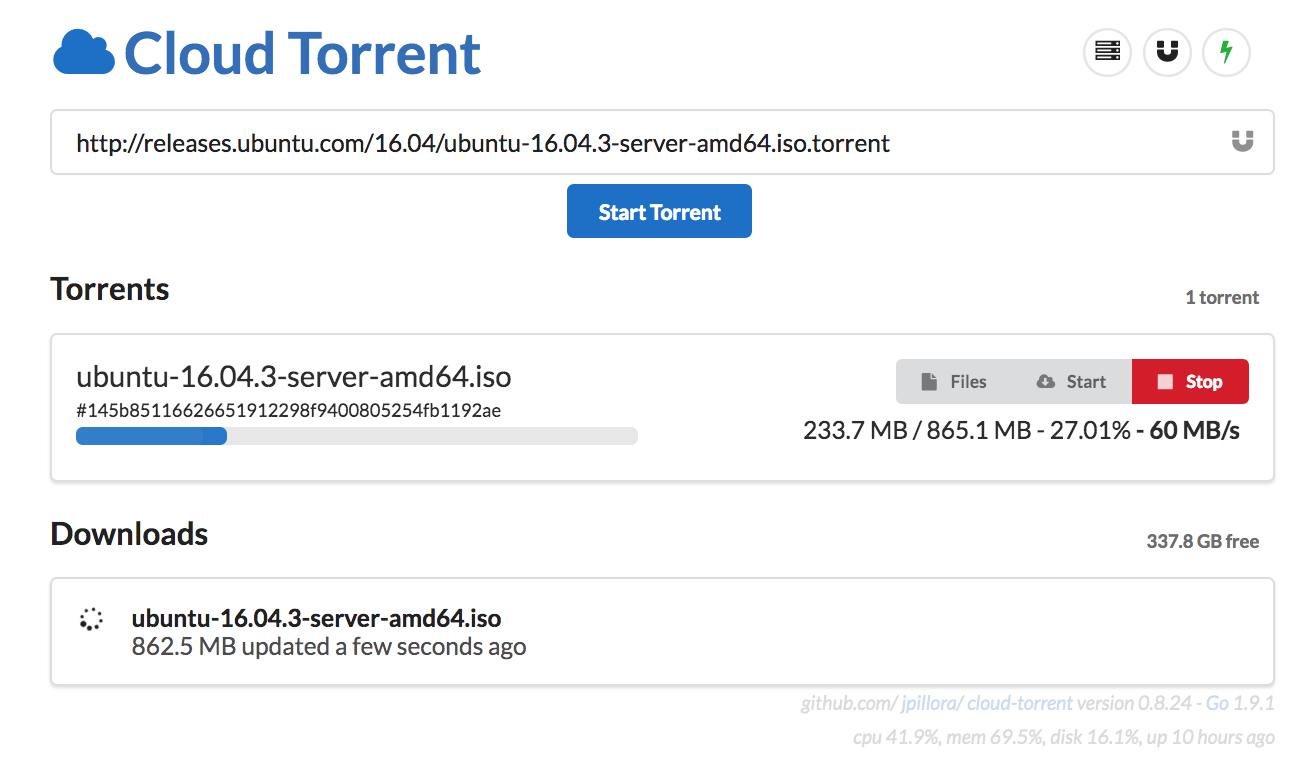Contents
- Features
- Environment Variables
- Installation
- Router Setup
- Build and Run Locally
- Contributing
- Authors
- License
Features
- Easy-to-use heroku one click deploy
- Support for multiple domains
- Flexible in terms deploying and installing options
- Single multi-arch docker image
- Multi platform binaries
Environment Variables
To run this project, you will need to add the following environment variables to your .env file (or) set them accordingly for use with docker or with your os
USERNAME - Username for flareup service
PASSWORD - Password for flareup service
CF_API_TOKEN - Cloudflare api token with edit permission for required zones i.e domains
PORT (Optional) - By default flareup listen's on port 5335
DOMAINS - Comma(,) seperated domains e.g
example1.domain.tld , example2.domain.tld
PROXIED (Optional, Default:false) - Proxy dns service through cloudflare service
Installation
- FlareUp can be installed and used in the following ways
Heroku
Docker
-
Docker Run
- To automatically install & run FlareUp, simply run:
docker run -d \ --name=flareup \ -e USERNAME=<username> \ -e PASSWORD=<password> \ -e CF_API_TOKEN=<cloudflare api token> \ -e DOMAINS=<comma(,) seperated domain> \ -e PROXIED=false \ -p 5335:5335 \ --restart unless-stopped \ coolfool/flareup - Logs can be found using
docker container logs flareup
- To automatically install & run FlareUp, simply run:
-
Docker Compose
- Download docker-compose.yml
- Open the file in a text editor and fill the environment variables
- Execute the following command in the same directory
docker-compose up -d - FlareUp should start listening on
5335or the port specified in env vars.
Standalone Binaries
- Download the binary for your platform from Releases section
- Extract the archive
- Run the binary according to your os
- For linux
./flareup
- For linux
Router Setup
- Important Notes before setup:
- The flareup update url is
https://example.com/update - If the router insists on having a hostname for update you can use
https://example.com/update?hostname=all.flareupas url andall.flareupas hostname
- The flareup update url is
-
The DynamicDNS server will be the hostname where the service is hosted eg.
example.com -
Fill the username and password as you entered in environment variable
-
Enter the hostname as
all.flareupif required -
The update urls are as follows:
https://example.com/updatewithout hostnamehttps://example.com/update?hostname=all.flareupwith hostname
-
Save settings and the service should start updating cloudflare dns
Build and Run Locally
- Clone the project
git clone https://github.com/CoolFool/flareup
- Go to the project directory
cd flareup
- Install dependencies
go build -o flareup ./cmd/flareup
-
Create .env file according to the variables mentioned in Environment Variables
-
Start the service according to your platform
- For linux
./flareup
Contributing
Contributions are what make the open source community such an amazing place to learn, inspire, and create. Any contributions you make are greatly appreciated.
If you have a suggestion that would make this better, please fork the repo and create a pull request. You can also simply open an issue with the tag "enhancement". Don't forget to give the project a star! Thanks again!
- Fork the Project
- Create your Feature Branch (
git checkout -b feature/AmazingFeature) - Commit your Changes (
git commit -m 'Add some AmazingFeature') - Push to the Branch (
git push origin feature/AmazingFeature) - Open a Pull Request



